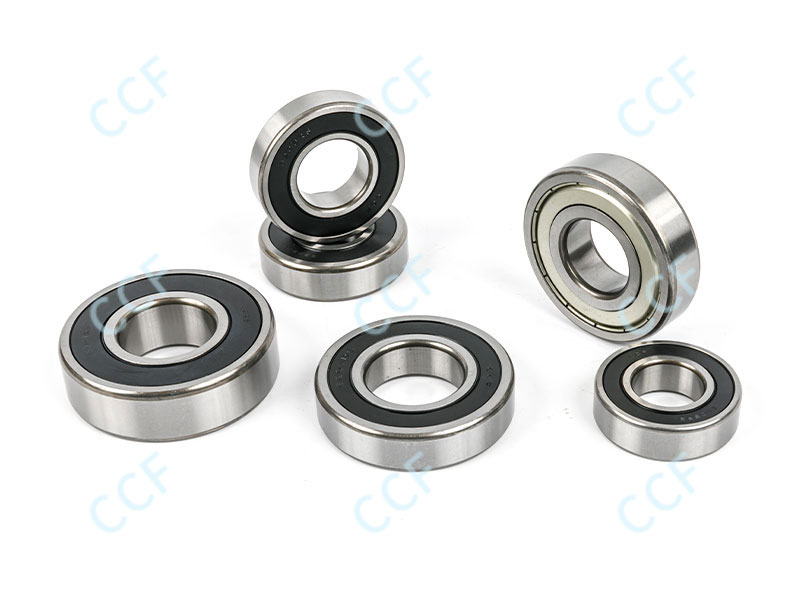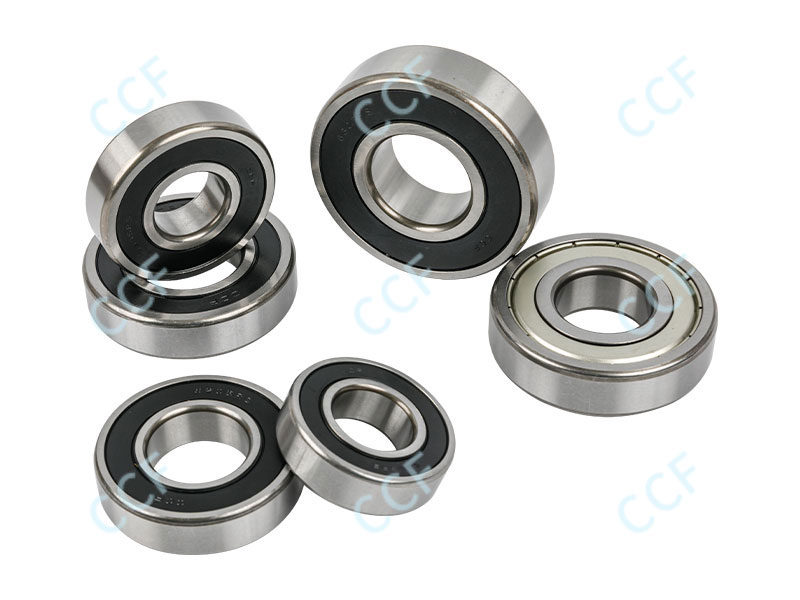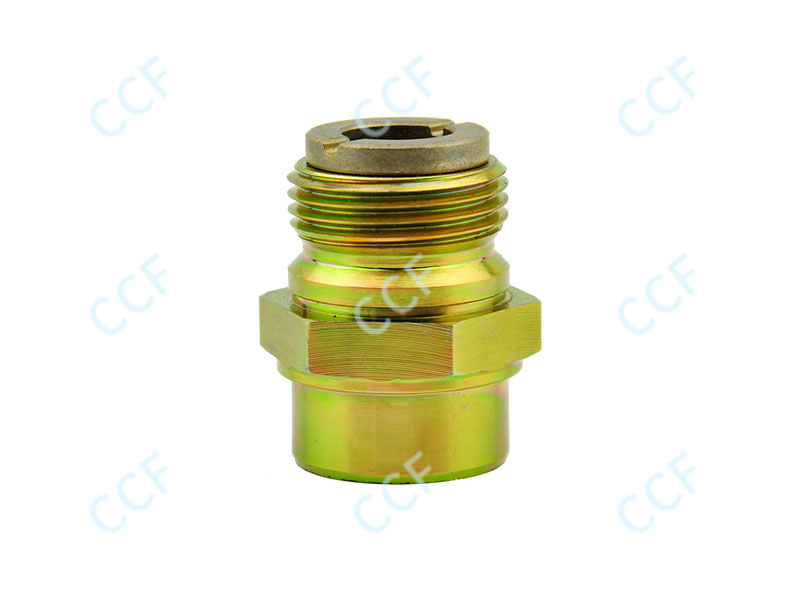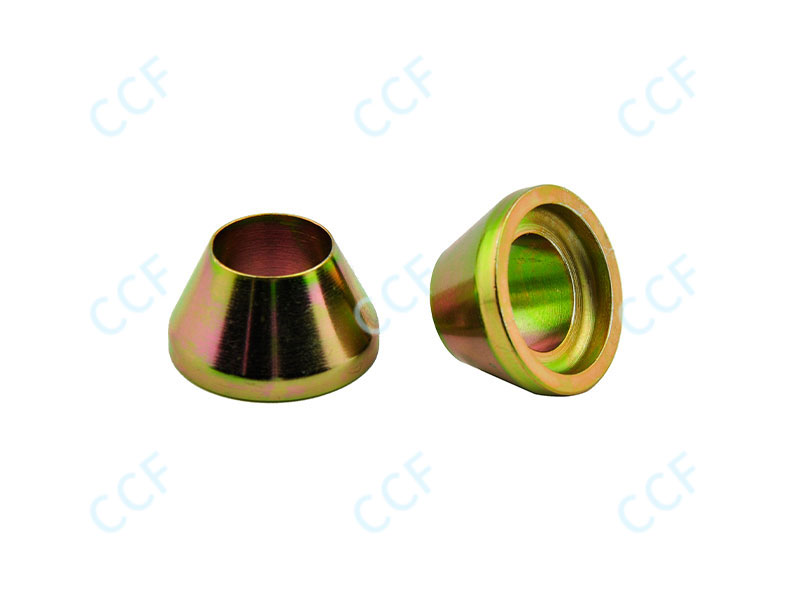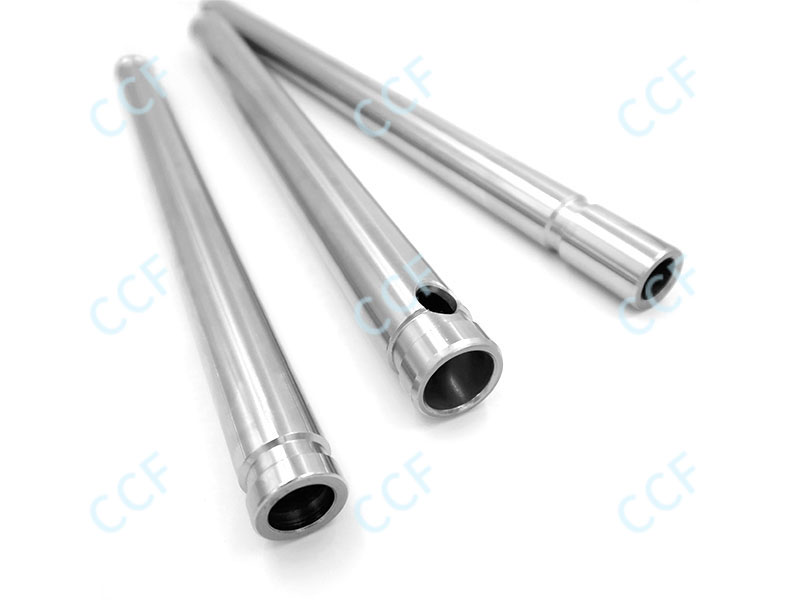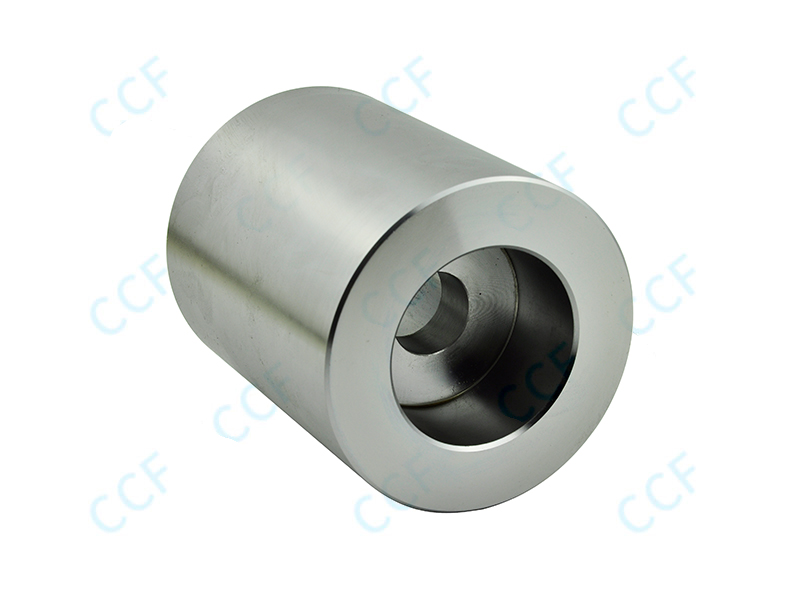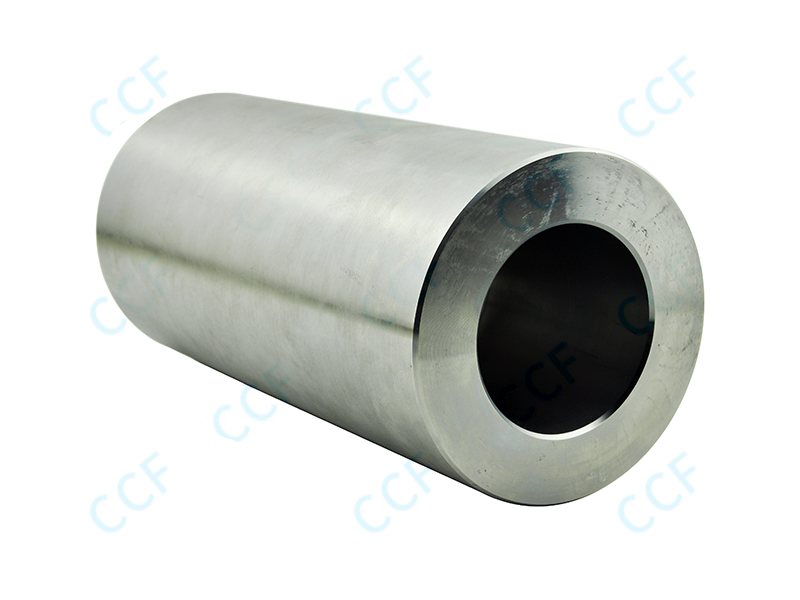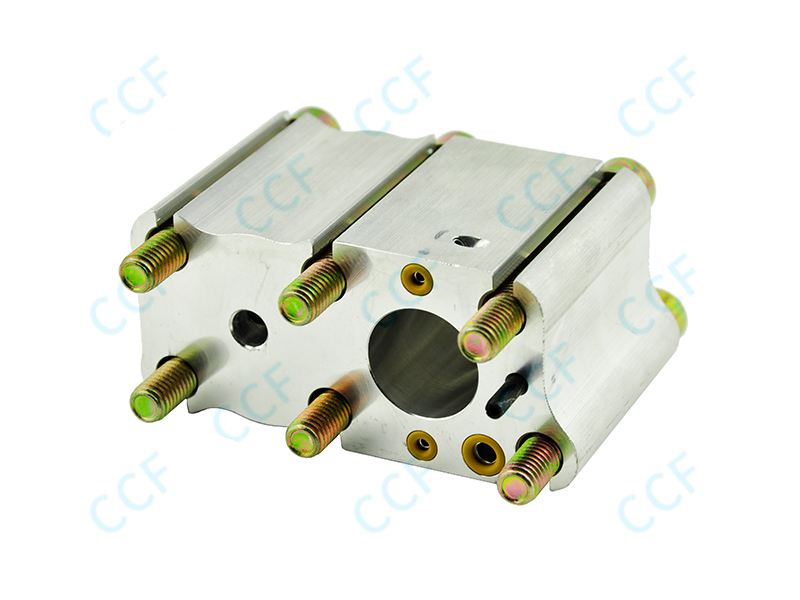Main functions of automotive bearings
Automobile bearings are an indispensable and important component in vehicles. They are responsible for supporting rotating parts, reducing friction, bearing loads and ensuring smooth movement. The main functions of bearings can be summarized as follows:
Supporting and carrying loads
The most basic function of automotive bearings is to support rotating parts and bear various loads, including axial loads, radial loads and impact loads. For example, in wheel bearings, bearings support the connection between the wheel and the body and bear the load generated when the wheel rotates. The design and materials of the bearings need to be able to withstand long-term, high-intensity loads without excessive wear or damage.
Reducing friction
Bearings reduce friction between parts by rolling or sliding. The contact between the rolling elements (such as balls, rollers, etc.) and the inner and outer rings of the bearing can effectively reduce the friction coefficient, thereby reducing energy loss and improving movement efficiency. In automobiles, reducing friction not only helps improve performance, but also reduces fuel consumption.
Ensuring smooth operation
Another key function of bearings is to ensure the smooth operation of automotive parts. Especially on high-speed moving parts, bearings can ensure that the parts rotate smoothly under the action of the shaft, preventing the parts from offsetting, shaking or generating unnecessary vibrations. Smooth operation can extend the service life of other components and improve overall operating stability.
Transferring motion
Bearings are designed to effectively transmit rotational motion. In the powertrain of a car, bearings connect different components to transmit power and motion. For example, the crankshaft of the engine works with other components through bearings to ensure smooth power transmission. Without the support of bearings, the movement of the vehicle may be hindered.
How bearings affect vehicle performance
The quality and performance of automotive bearings directly affect the overall performance of the vehicle. Here are several major factors that bearings affect vehicle performance:
Influence on fuel efficiency
Automotive bearings have an important impact on the fuel efficiency of vehicles by reducing friction and reducing energy loss. High-quality bearings can significantly reduce the friction resistance of the vehicle when driving, thereby reducing the burden on the engine and saving fuel consumption. On the contrary, if the performance of the bearing is poor, the friction will increase, which will cause the burden on the engine to increase, thereby increasing fuel consumption.
Improve driving comfort
During the driving process of the vehicle, the stability of the bearing directly affects the driving comfort. A badly worn or poor quality bearing may cause abnormal noise, vibration or uneven rotation of components such as wheels and transmission systems, which not only affects the smoothness of driving, but also may generate unnecessary noise, affecting the comfort of car owners and passengers.
Impact on handling and stability
The performance of automobile bearings determines the sensitivity and stability of automobile handling. For example, wheel bearings play an important role in the steering response of the vehicle. Good bearings can ensure the stability of the wheels, thereby improving the handling of the vehicle. If there is a problem with the bearing, the rotation of the wheel may be affected, causing the steering wheel to shake, the handling feel to decrease, and affecting the stability of the vehicle.
Extend the service life of the vehicle
The quality of the bearing is directly related to the life of other parts of the vehicle. The bearing plays a supporting role for the rotating parts. If the bearing fails, it may cause excessive wear of the parts connected to it. For example, a problem with the wheel bearing may cause damage to the axle and wheel; a failure of the transmission bearing may affect the normal operation of the transmission system and even cause the overall failure of the system. Therefore, good bearings can effectively extend the service life of the entire vehicle and reduce maintenance costs.
Impact on safety
Safety is a key factor in vehicle performance, and bearing failure is a potential source of vehicle safety problems. For example, wheel bearing damage may cause the wheel to fall off or cause the wheel to rotate abnormally, thereby increasing the risk of accidents. Because the working environment of the bearing is very complex, the probability of bearing damage is high under long-term load. Regular inspection and replacement of bearings are key to ensuring vehicle safety.
Impact on power transmission efficiency
Bearings play a vital role in the power transmission process. For example, the bearings used in the engine and transmission system determine the effective transmission of power. If the bearing is worn or has poor performance, the power transmission efficiency will be reduced, resulting in engine power waste and reduced transmission system efficiency. This not only affects the acceleration performance of the vehicle, but may also cause the engine to be burdened, further affecting the overall power of the vehicle.
